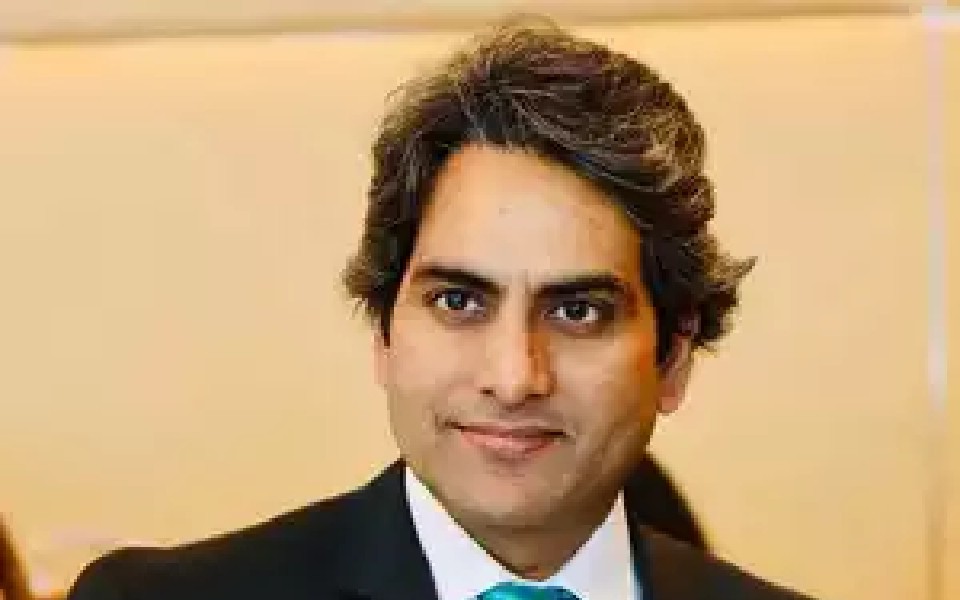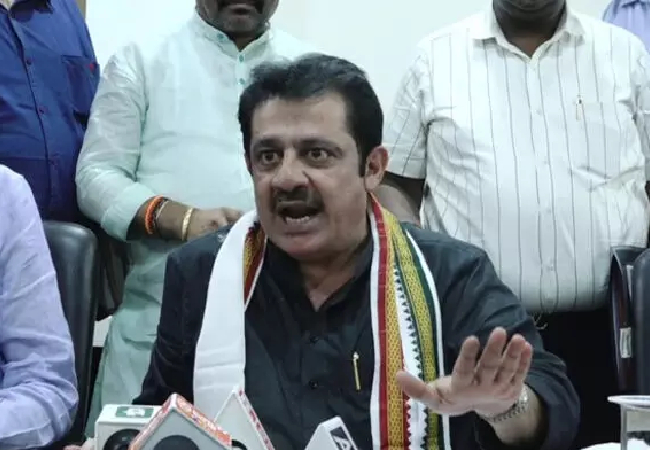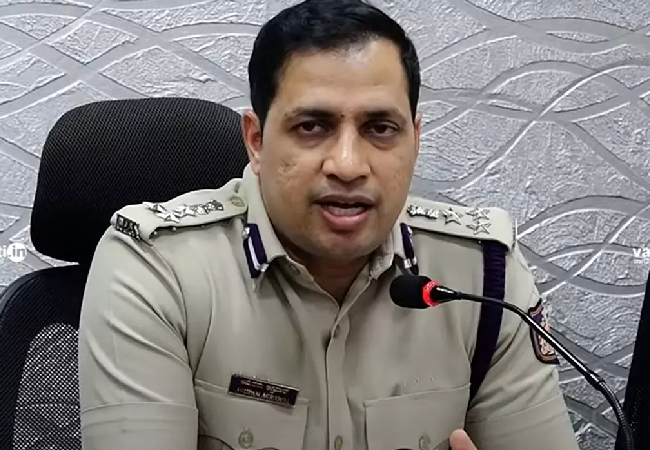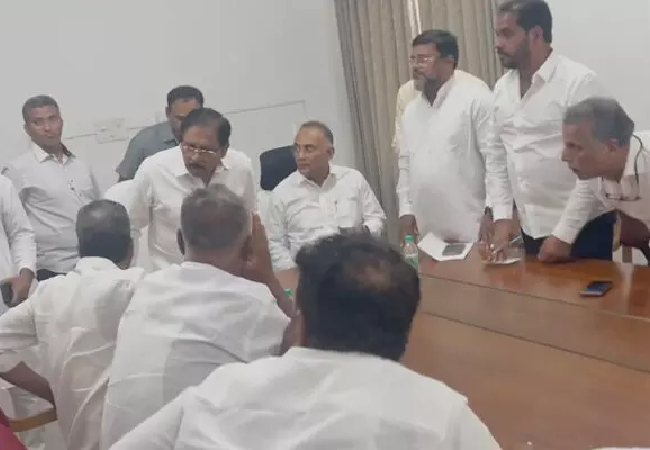New Delhi: In a tweet from May 22, 2012, which resurfaced on Saturday, journalist Sudhir Chaudhary was seen expressing his sadness over train accident in Karnataka then and the apparent lack of government response.
Social media users used the tweet to highlight Chaudhary's silence following the tragic train accident in Odisha that claimed the lives of nearly 300 people. Users pointed out that as a journalist, Chaudhary should have been questioning the government and holding them accountable for the incident.
Chaudhary's tweet from 2012, made after the Hampi Express accident that resulted in 25 fatalities, resurfaced as a reminder of his previous concerns about train accidents and the political environment within the railway ministry. Users questioned his silence in the wake of the recent tragedy and criticized him for not asking tough questions to Prime Minister Narendra Modi.
Social media users referred to Chaudhary as part of the "Godi media," a term often used to criticize journalists who are perceived as being overly supportive or aligned with the government. They argued that as a journalist, Chaudhary should have been using his platform to demand accountability and raise questions about the government's response to the train accident.
Chaudhary's silence on the Odisha train accident, as pointed out by social media users, has reignited discussions about the role of media in ensuring transparency and accountability in governance, particularly during incidents of national importance.
Its so sad train accidents don't shake the govt anymore.They hv become routine affairs and rly ministry the biggest hub of politics#hampiexp
— Sudhir Chaudhary (@sudhirchaudhary) May 22, 2012
Let the Truth be known. If you read VB and like VB, please be a VB Supporter and Help us deliver the Truth to one and all.
Medininagar ( PTI): A 15-year-old girl was allegedly raped by a driver in Jharkhand’s Palamu district on Saturday, police said.
The accused, a driver of an earthmover, was severely beaten by villagers before handing him over to the police, an officer said.
The incident happened near a temporary camp which was set up for road construction workers within the limits of the district's Bishrampur police station.
"The incident happened when the girl was walking past the workers’ camp. At that time, the accused allegedly grabbed and raped her. After the girl recounted her ordeal to the villagers, they beat the accused," the officer-in-charge of the police station, Saurabh Kumar Chaubey, said.
The accused has been arrested, he said.
The police, after rescuing the accused, admitted him to the Medinirai Medical College and Hospital, he said, adding that the girl was also sent to hospital for medical examination.
Chaubey said construction of a road from Mukhikhap to Nawabazar is underway, and the accused, a resident of Vaishali district in Bihar, was employed as a driver of an earthmover at the site.





